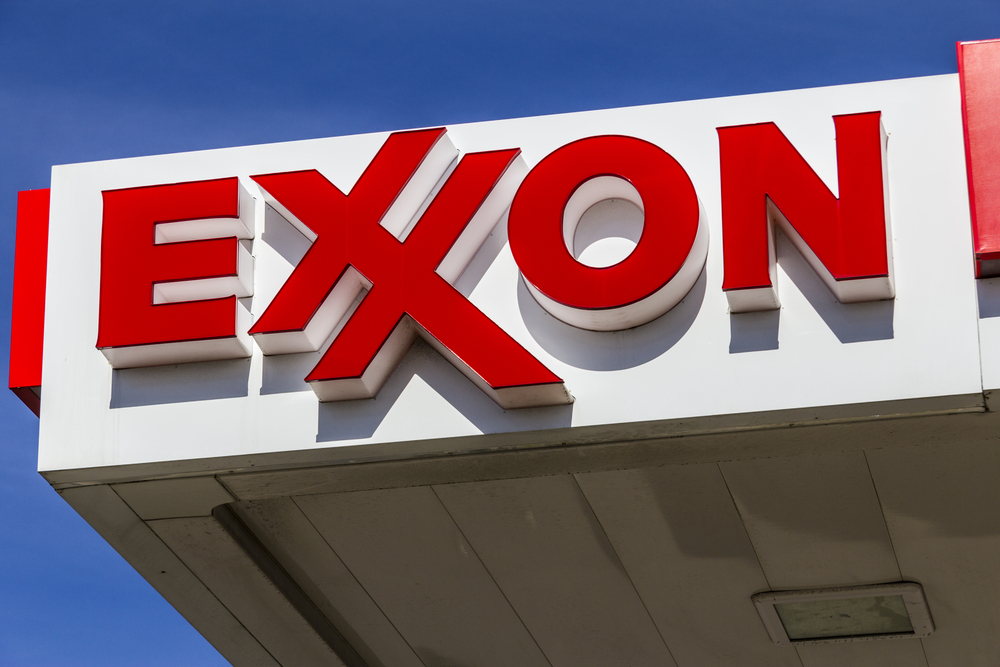Exxon Mobil filed a lawsuit against the state of California on Friday, challenging two recently enacted state laws that require major corporations to disclose their greenhouse gas emissions and climate-related financial risks. According to Reuters, the company argues that the mandates infringe on its First Amendment rights by compelling it to endorse views it does not share.
The lawsuit, submitted to the U.S. District Court for the Eastern District of California, takes aim at Senate Bills 253 and 261, both passed in 2023. Exxon contends that these laws force the company to use California’s preferred methods of climate reporting—frameworks it deems misleading and counterproductive. Per Reuters, the oil giant stated that it already provides voluntary reports on its emissions and climate-related risks but objects to being required to adopt the state’s specific standards.
Under SB 253, companies doing business in California and generating over $1 billion in annual revenue must publicly disclose their direct and indirect carbon emissions beginning in 2026. Meanwhile, SB 261 mandates that firms with revenues exceeding $500 million detail their climate-related financial risks and mitigation strategies. Exxon also claims that SB 261 conflicts with federal securities laws that already dictate what publicly traded companies must reveal regarding financial and environmental risks.
Read more: Exxon, Petrobras and TechnipFMC Urge Brazil’s Antitrust Regulator to Scrutinize Subsea Merger
“The First Amendment bars California from pursuing a policy of stigmatization by forcing Exxon Mobil to describe its non-California business activities using the State’s preferred framing,” the company said in its complaint.
According to Reuters, California has long been recognized as a leader in environmental regulation, implementing strict standards on vehicle emissions and urban planning since its landmark climate legislation in 2006. The state’s latest climate disclosure laws have gained backing from corporate heavyweights such as Apple, Ikea, and Microsoft. However, they have faced opposition from powerful business groups, including the American Farm Bureau Federation and the U.S. Chamber of Commerce, which have labeled the requirements “onerous.”
Source: Reuters

